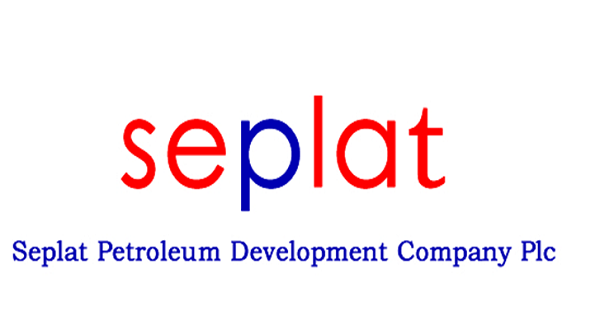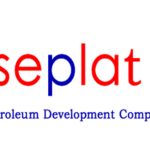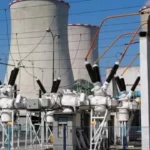Seplat Energy Plc, has reported 18.72 percent year-on-year growth in revenue for the nine months ending September 30, 2021, to $460.4 million, estimated at N182.68 billion based on its $/NGN translation rate of N397/$.
This was despite lower oil and gas production, occasioned by the shut-in of Forcados in August 2021, said the company listed on the Nigerian Exchange (NGX) and the London Stock Exchange (LSE) in its report.
- Nigeria’s future bleak without restructuring – Yoruba Council of Elders
- COVID 19: Outcry over permit as returning passengers decry treatment by airlines
The revenue growth was driven mainly by higher oil price in the nine months, with a realised oil price of $67.43 per barrel, some 74.7 percent rise over the realised price of $38.60pb in the same period of 2020, although Seplat’s production waned 6.7% to 47,280 oil equivalent per day.
From a loss position of $130.1m in the nine months of 2020 financial year, Seplat recovered strongly to post $97.1m or N38.63bn profit before tax in the third quarter of 2021, as the impact of the 2020 one-off impairment on revaluation of assets of $158.2m cools-off.
While hoping to grow gas assets, Seplat said its gas revenue growth may be subdued by the implementation of lower gas price on Domestic Supply Obligation, especially to power plants from $2.50/ million standard cubic feet (mscf) to $2.18/mscf in July 2021.
Notwithstanding the strong profitability, higher effective tax party reflecting the impact of deferred tax slashed profit after tax to $35m or N13.90bn, estimated at annualised $0.15 or N60.21 earnings per share. The Board declared a quarterly interim dividend of 2.5 US cents, equivalent to N10.38 at the official I&E rate of N415.07/$, subject to applicable withholding tax.
Roger Brown, the Chief Executive Officer reiterated that Seplat is now focusing on building out and executing the energy transition that is right for Nigeria, delivering more transition gas to an energy-poor market, over-reliant on expensive, high carbon-emitting electricity generated from small-scale diesel and PMS generators.
Hence, through a gas transition strategy, Seplat hopes its three-pillar strategy designed to ensure a balanced carbon emission reduction with essential social agenda will not only enhance its growth and profitability but also enhance energy access and efficiency for Nigeria’s fast-growing population.

 Join Daily Trust WhatsApp Community For Quick Access To News and Happenings Around You.
Join Daily Trust WhatsApp Community For Quick Access To News and Happenings Around You.


